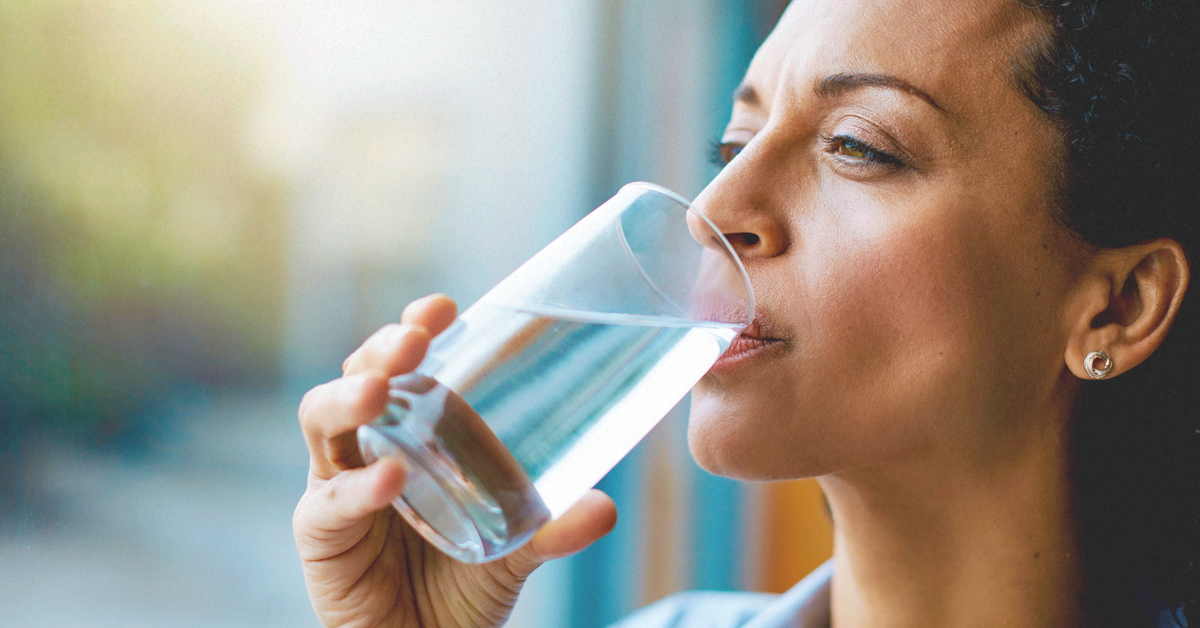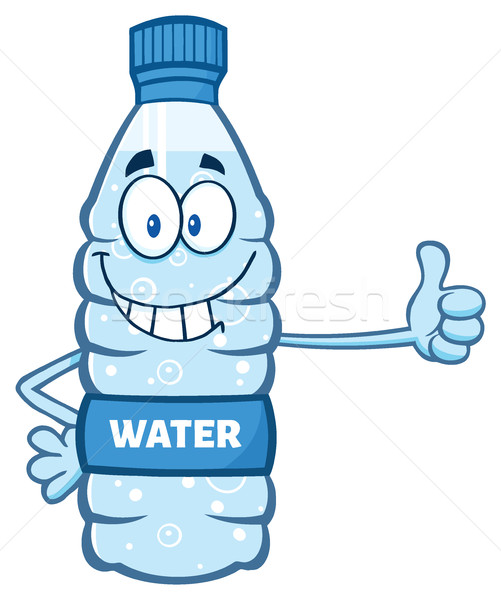Carbonated water (also known as soda water, glowing water, fizzy water, water later gas or (especially in the U.S.) as seltzer or seltzer water) is water containing dissolved carbon dioxide gas, either artificially injected under pressure or taking place due to natural geological processes. Carbonation causes little bubbles to form, giving the water an effervescent quality. Common forms put in sparkling natural mineral water, club soda, and commercially-produced glowing water.
Club soda and glowing mineral water and some additional glowing waters contain further or dissolved minerals such as potassium bicarbonate, sodium bicarbonate, sodium citrate, or potassium sulfate. These occur naturally in some mineral waters but are after that commonly further artificially to manufactured waters to mimic a natural atmosphere profile. Various carbonated waters are sold in bottles and cans, taking into account some also produced on demand by personal ad carbonation systems in bars and restaurants, or made at home using a carbon dioxide cartridge.
Carbonated water is a key ingredient in soft drinks: delightful beverages that typically consist of carbonated water, a sweetener and a flavoring, such as cola, root beer, or tawny soda. Plain carbonated water is often consumed as an substitute to soft drinks; some brands, such as La Croix, build unsweetened seltzer products that are lightly flavored by the complement of aromatic ingredients such as essential oils. Carbonated water is often consumed tainted past fruit juice to create sparkling punches or extra cocktails, or infused subsequent to aerate by the adjunct of cut-up vivacious fruit or mint leaves.
How Long Can You Live Without Water? Effects of Dehydration
No Bull Nutrition Mini Challenge-Day 20- Water and Weight Loss - No Bull Nutrition
Chud Tsankov (hittoon) - Stock Photos, Stock Images and Vectors Stockfresh


No comments:
Post a Comment